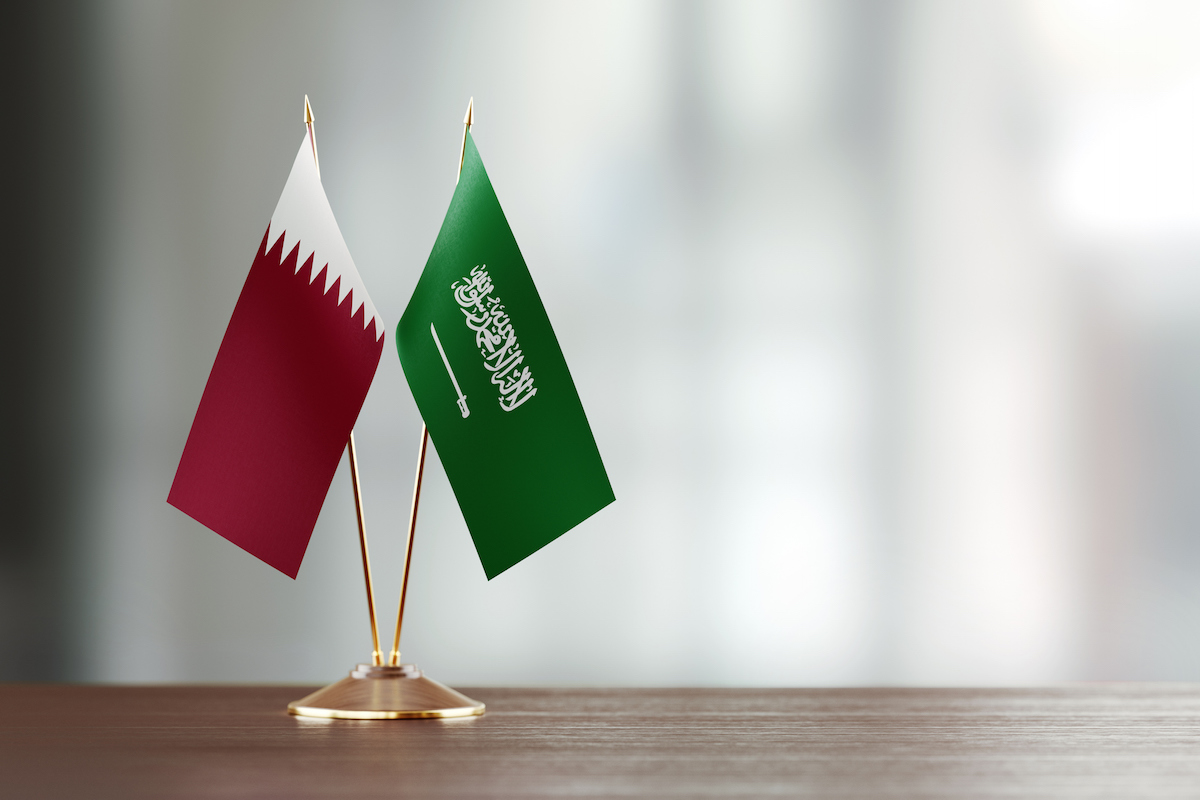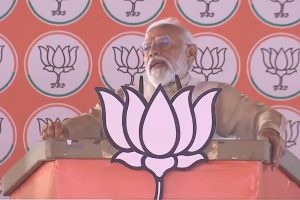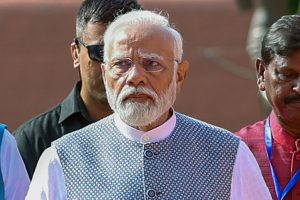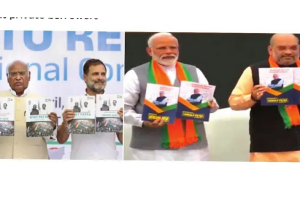It is a salutary development in geopolitics that there has been a mending of fences between Qatar and Saudi Arabia on the eve of the annual summit of Arab nations.
The meeting at the high table can, therefore, be expected to go beyond the customary diplomatic grandstanding. When the desert kingdom’s Crown Prince, Mohammad bin Salman greeted the Emir of Qatar, Sheikh Tamim bin Hamad Al Thani, with an embrace on arrival, it was more than a symbolic gesture.
Chiefly, the palace in Riyadh has signalled its resolve to end the prolonged embargo that it had imposed on the tiny Gulf state. The other critical initiative, even before the summit gets under way, is the decision to open borders. Hitherto, the diplomatic crisis had divided America’s defence partners, distorted societal ties, besides tearing apart a traditional alliance of Arab states.
The summit in Al-Ula in Saudi Arabia is expected to yield a detente that ought to influence geostrategies in the Arab region. At the core of the rupture, which has resonated in the echo chambers of other Arab states, had been Qatar’s support for Islamist groups and cordial ties with Iran. It has not been wholly effective while playing the honest broker between the United States and the Taliban.
Tuesday’s diplomatic breakthrough appears to be an upshot of the efforts of the Trump administration and Kuwait to mediate an end to the crisis. It is profoundly significant that the major agreement was announced on the eve of the Arab summit and ahead of the US President-elect Joe Biden’s swearing- in.
No less important is the timing of the breakthrough.
Arguably, Saudi Arabia’s objective may be two-fold, i.e. to grant the Trump administration a final diplomatic victory and thus remove the anticipated impediments to forging warm ties with the Biden administration in the White House. Intertwined no less are Wednesday’s defining and high stakes Senate run-off elections in Georgia.
Thus far, the world has been kept guessing about the concessions that either Saudi Arabia or Qatar may have made. Yet there is little doubt that Qatar has been in unspendid isolation since June 2017, when Saudi Arabia, Egypt, the United Arab Emirates and Bahrain announced a boycott of the small, albeit influential, country in the Persian Gulf.
The Saudi decision to end the embargo will help resolve the crisis, but it isn’t time yet for a complete reconciliation. Severely acute has been the rift between Abu Dhabi and Doha; in parallel, there are serious ideological differences between the UAE and Qatar.
“We have more work to do,” has been the realistic response of the UAE’s Minister of State for Foreign Affairs, Anwar Gargash.
As of now, the world looks forward to the document that Qatar’s Sheikh Tamin will sign with the Saudi Crown Prince, marking a new phase in equations within the strategic Gulf.











